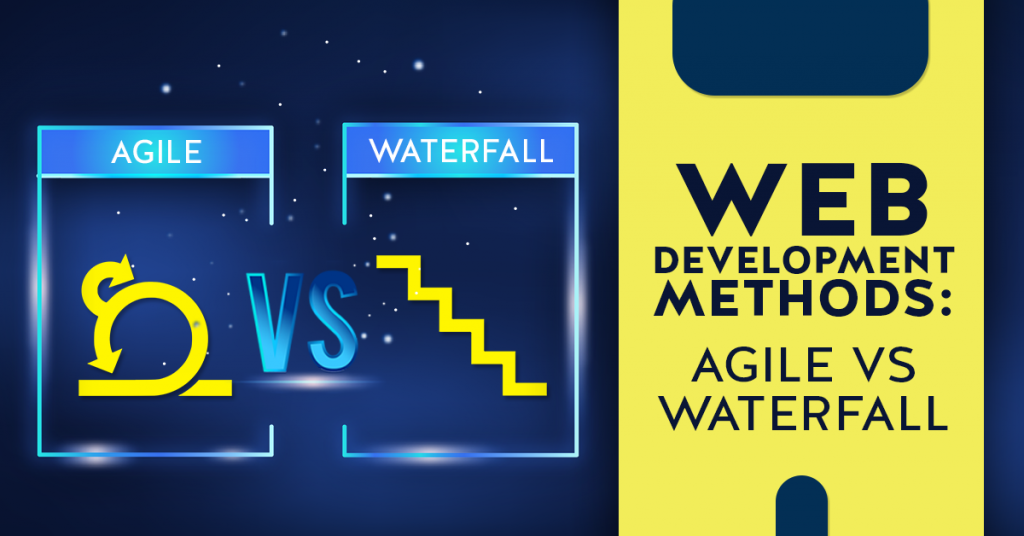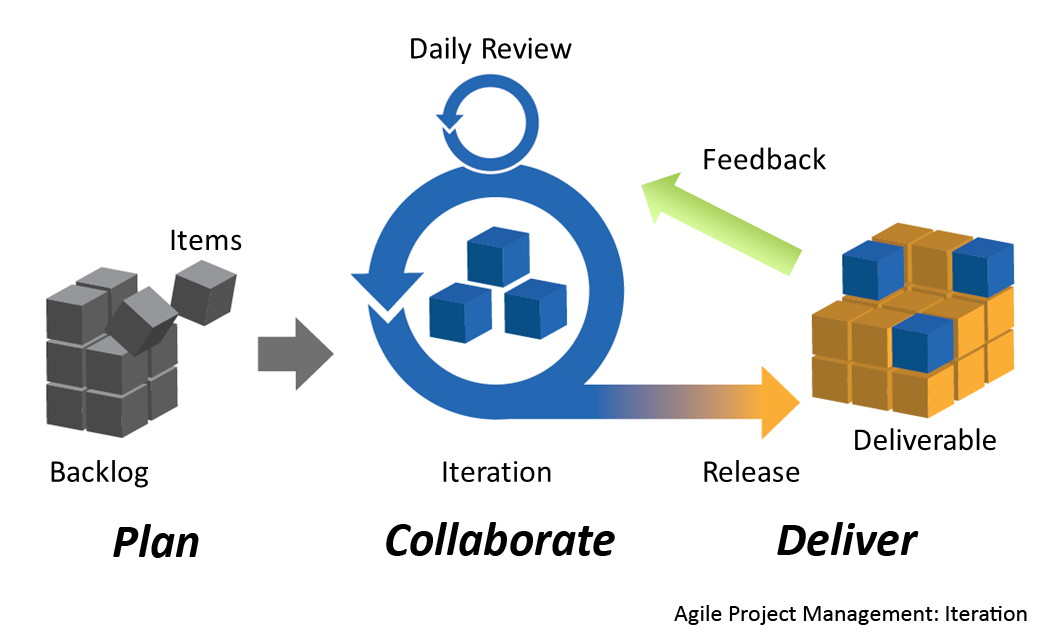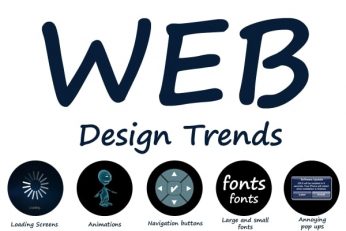
Web Development Methods: Agile VS Waterfall
Each development team has its own preferred web development languages, tools, and methods. For example, front-end developers may find themselves choosing between ReactJS, VueJS, and Angular. Back-end developers have the options of working with C, Python, PHP, and Java, to name a few. When you’re working with WordPress, you also need to select which plugins to download and install on the website. Therefore, it’s safe to say that the amount of choices available for each project only magnifies the necessity of choosing the right web development method for the team. To start with, it’s important to know that two of the most common approaches are the waterfall and agile methods.
Find out more about each one, especially their key differences, below:
Agile
Feedback-Oriented
The agile web development method is best suited for clients who want to be involved throughout all the stages of the project. Contrary to the waterfall model, this method is considered to be more fluid as it minimizes (if not totally eliminates) the otherwise highly structured processes. After all, the team needs to make the adjustments necessary for every piece of feedback received at any given point. As a result, the team then gains a better understanding of their client’s preferences. This also allows them to simultaneously become more highly self-motivated and efficient at organizing their work to fit the changes.

Source: wikimedia.org
Flexibility
However, due to this continuous feedback loop, there’s a higher probability that different resources and deliverables will be added. Therefore, web development teams usually have an expert in the team that can guide them and make important decisions as they go. Fortunately, having an expert on board also gives your client a confidence boost that the expected outcome will remain and continue to be of high quality. Seeing as how the agile development method may be more costly in the long run, most consider this as one of the many benefits of the investment.
Lengthy
As part of the standard quality assurance process, each iteration of the project must undergo proper testing. More often than not, testers need to check out multiple sessions per session. This easily makes the agile method an incredibly time-consuming process which makes it inappropriate for teams with immediate deadlines. Plus, the agile method makes it easier for projects to get sidetracked, especially when teams are dealing with bigger scopes. After all, the team can add and remove features from the final output after each iteration is evaluated. With poor management, this may lead to drifting away from the team’s initial priorities and creating confusion among the members.
Waterfall
Transparency
As its name implies, this web development method is essentially more linear than the agile model. It has five phases, which begins with establishing the project’s requirements and ends with regular maintenance sessions (based on the terms set with the client). For most teams, its straightforwardness makes the entire web development process much faster and easier to manage. When teams follow this methodology, they’ll oftentimes have a more definite breakdown of the total cost of the project before they even start. Plus, this breakdown is also usually accompanied by a predetermined, manageable, and realistic timeline with the milestones and deadlines.
Organized
Simply put, the waterfall web development method is more predictable in nature. This makes it more advisable for web development teams who work on smaller projects with simpler deliverables. Moreover, it’s also worth noting that this web development method makes documenting the entirety of the project much easier. This is especially helpful if you’re required to have complete records of its step by step procedures, among other reports.
Source: wikimedia.org
Direct
With an in-depth plan and specific list of deadlines for the entire project and its processes, there’s little room for errors and last-minute changes. This is why it’s safe to say that implementing changes will be more challenging for the development teams—especially during the testing phase of the project. This makes it all the more crucial that both the client and the team are on the same page from the very beginning.
Which Web Development Method Would You Use?
Still torn between which of the two web development methods you and your team should use? Base your decisions on the size of your project, the number of people involved, and the deliverables expected of you. Choose the agile web development method for more feedback-oriented projects. On the other hand, you’re better off following the waterfall web method when your primary goal is to finish the project as soon as possible.
Do you feel as if strictly working using one web development method or the other still doesn’t fully meet your team’s needs? Consult your client and developers to assess which would work best. You might also want to try a blend between the agile and waterfall methods known as its hybrid approach.















Comment 0